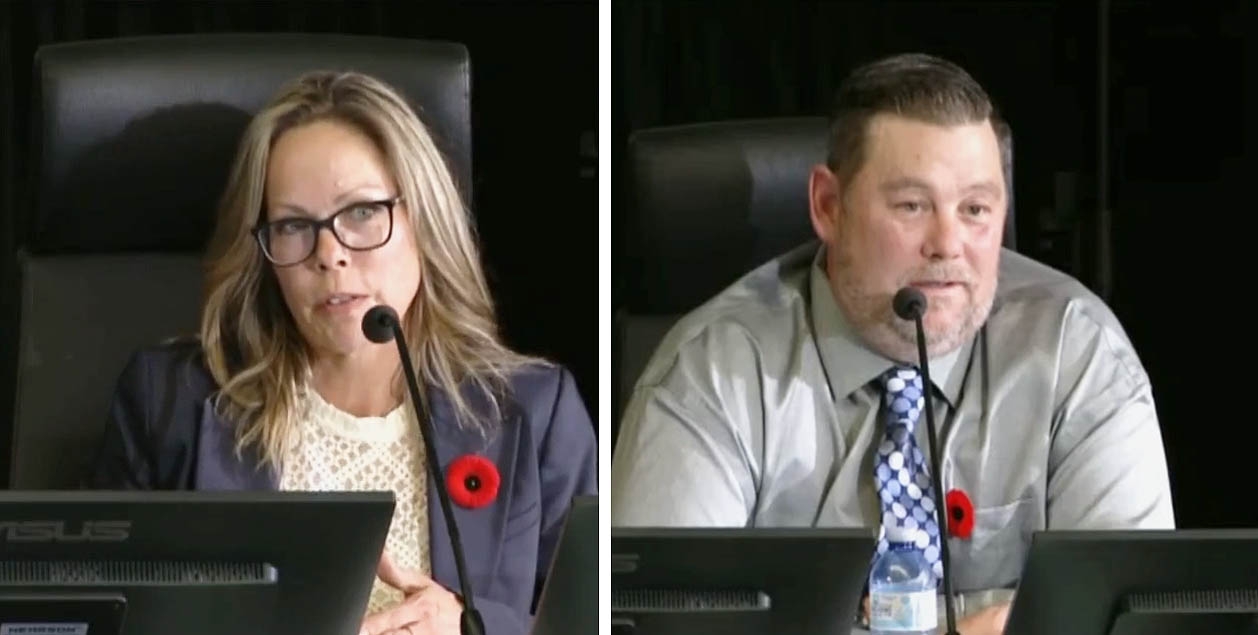
Why Affordable Housing Should be a Federal Election Issue
It’s time to make affordable housing an issue in the federal election campaign.
Four million people are struggling to find affordable housing in Canada today. By affordable, I’m using the Canada Mortgage and Housing (CMHC) standard rule of thumb of about 30 percent of income going to housing that is adequate and in suitable condition. In fact, many Canadians are paying much more than this for housing, which leaves little in the household budget for other necessities such as food and clothing.
According to Food Banks Canada, the cost of housing is a key reason for the rise in food bank usage. Did you know that a third of those who depend on food banks are children? Despite this, one in seven children go to school hungry every day according to the Breakfast Club of Canada.
There are 235,000 Canadians who experience homelessness in the course of a year. And 1.6 million more Canadians are at risk of losing their homes according to CMHC. All this misery while study after study shows that it is cheaper for the public purse to house someone than leave them on the street, moving in and out of shelters, emergency hospital rooms and even jails in some cases.
I think we all understand intuitively the importance of having decent shelter. A home anchors a person, anchors a family. It provides a foundation for people to move forward toward greater stability in the work place or higher educational attainment. Health experts also tell us that adequate housing is a key determinant of health and long-term health outcomes.
In Toronto, I chair a Mayor’s Task Force on Toronto Community Housing (TCHC) which has a waiting list of 90,000 households looking for decent, affordable accommodation. That represents more people than are currently housed by TCHC now, which is already the largest social housing provider in Canada – and second only to the New York Housing Authority on the continent.
Toronto isn’t the only city struggling with this issue. The Federation of Canadian Municipalities said that “As a country, we are not keeping up with demand for housing options and Canadians from coast to coast to coast feel the housing crunch.”
To make matters worse, current federal investments in social housing are being phased out. These investments come in the way of federally subsidized “operating agreements” with social housing providers and co-ops who deliver affordable housing to those in need. This year that means a $1.6 billion reduced investment. Without renewal the subsidies will, one by one, end by 2040 – a slow bleed. When these agreements end, over 300,000 households will be at risk of eviction or possible homelessness according to a report by the Canadian Housing and Renewal Association.
Affordable housing is an enormous challenge — but it’s solvable if there is political will to do so. So why isn’t more being done to keep existing housing affordable or provide new affordable housing? The different levels of government along with community organizations are doing something, but it is insufficient to meet the need. Also, the different players are not working together on a comprehensive plan.
What we need now is a ‘national housing strategy’ with all hands on board. Canada needs federal leadership on affordable housing.
In this federal election campaign, the effort to achieve political will needs to be focused on the federal candidates. In each federal riding there are social housing and co-op providers. If residents got together, visited each candidate, told them about the housing crunch, and sought their support, it would go a long way in bringing this need into the election campaign limelight.
So let’s make our federal political candidates aware that affordable housing is not just something that Canadian cities and towns have to struggle with on their own, but requires federal leadership and investment.
 Art Eggleton is a Canadian Senator and former Mayor of Toronto and Member of Parliament.
Art Eggleton is a Canadian Senator and former Mayor of Toronto and Member of Parliament.










